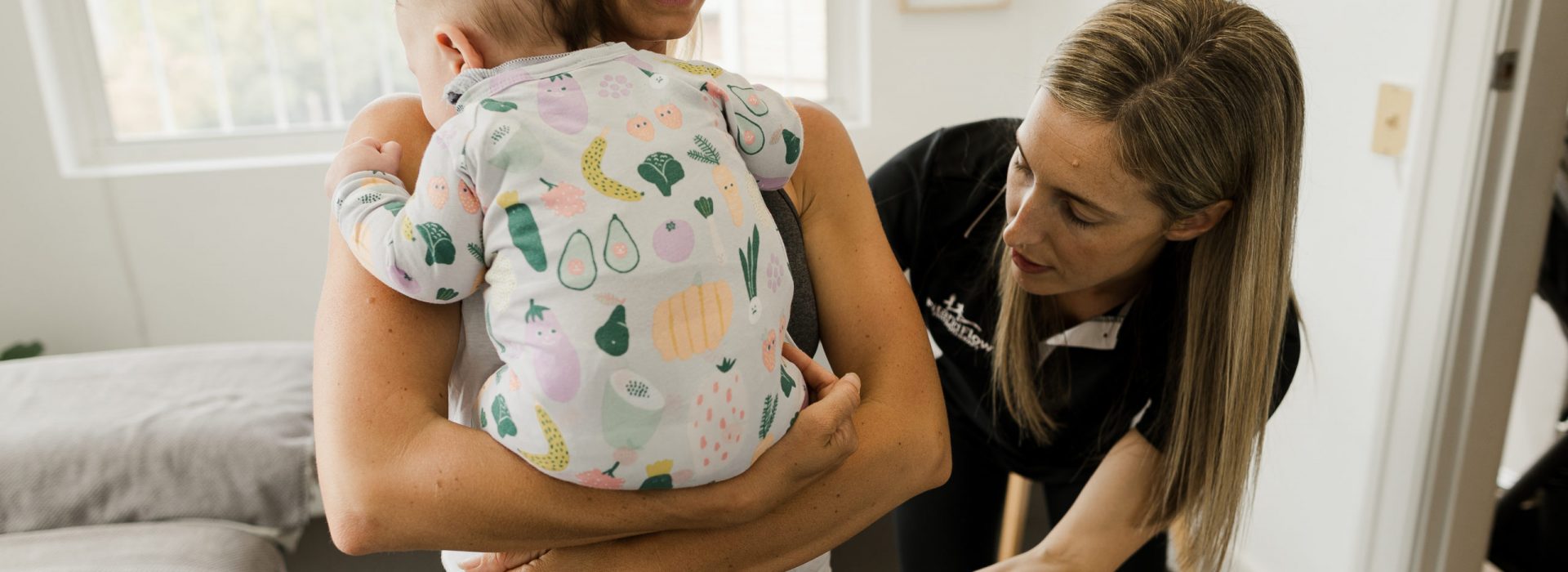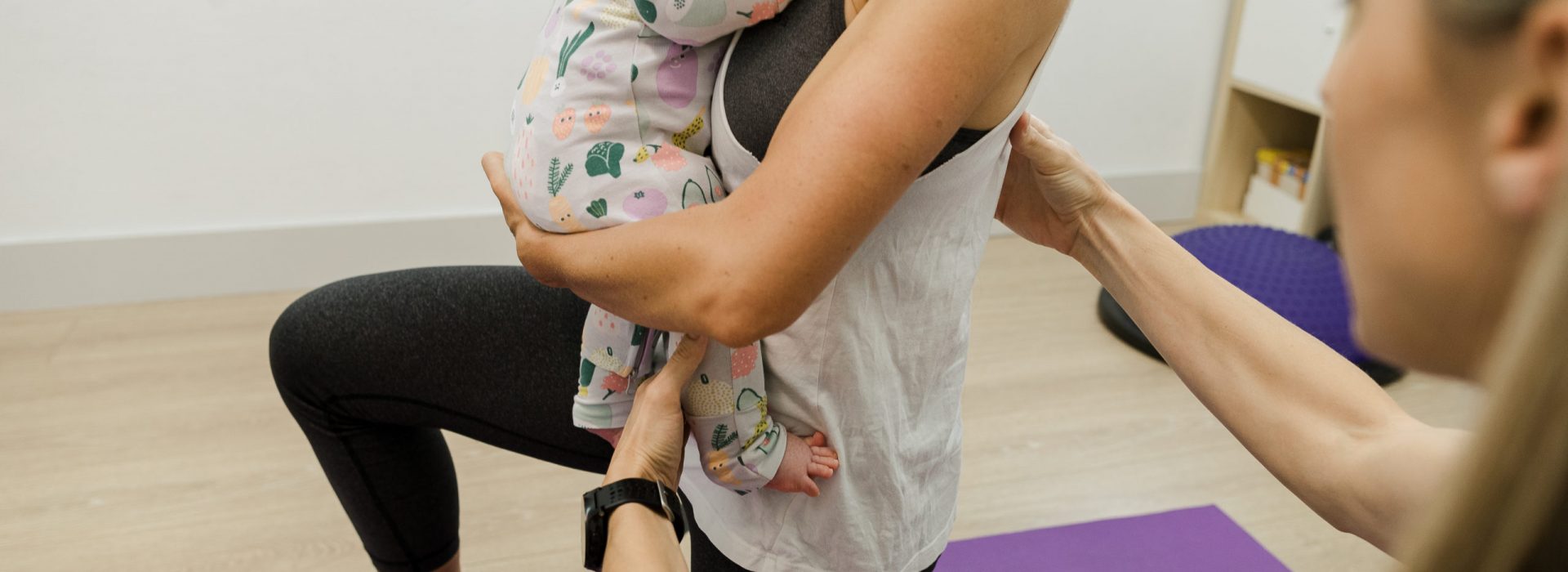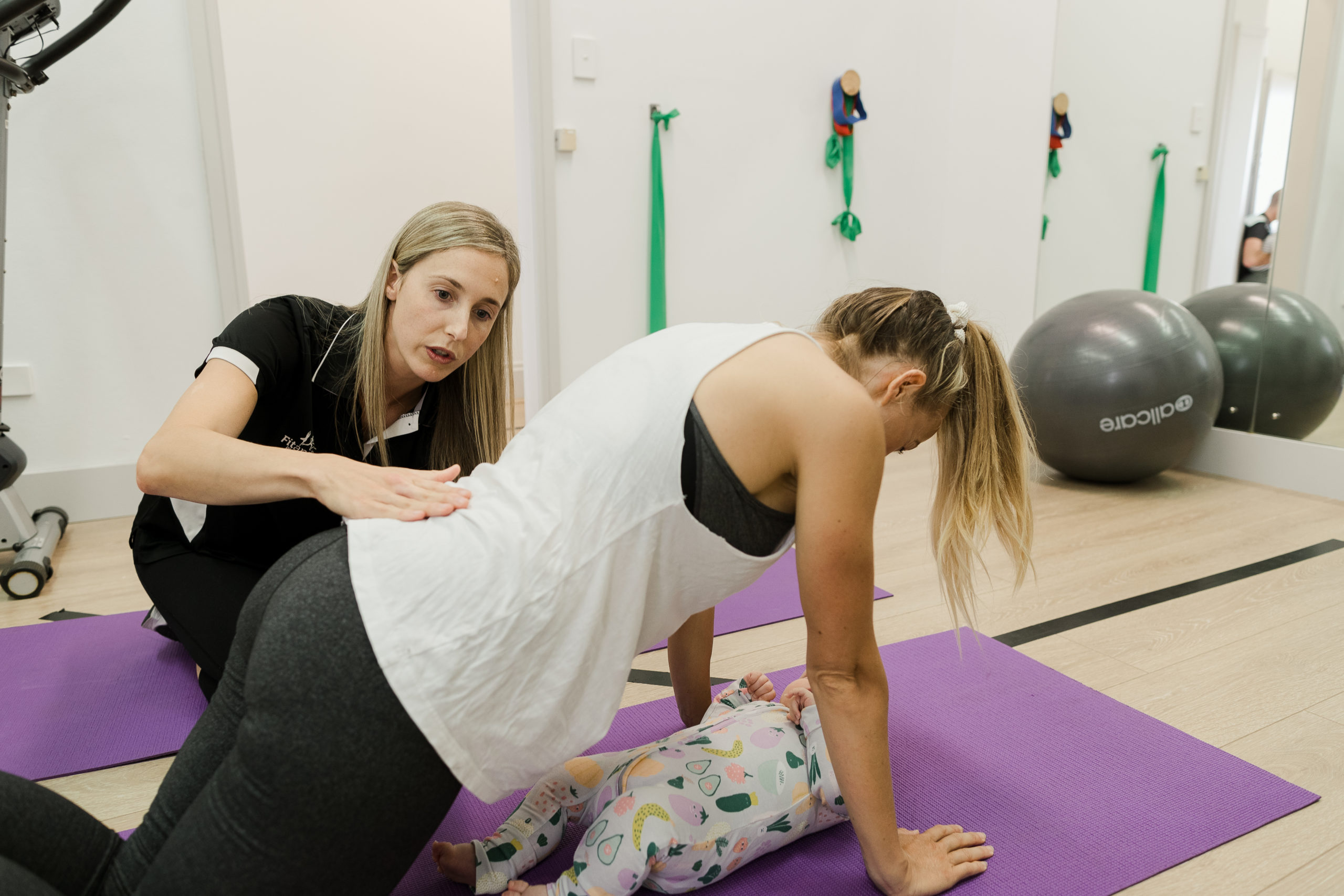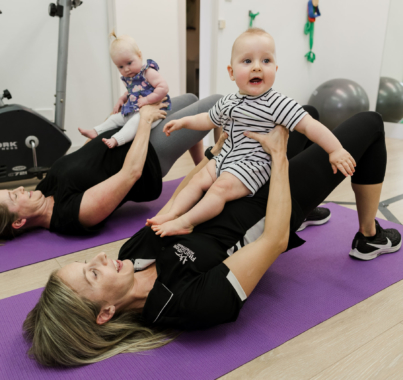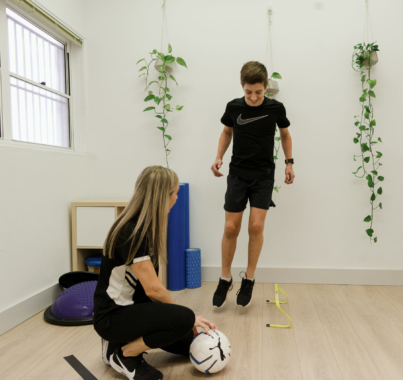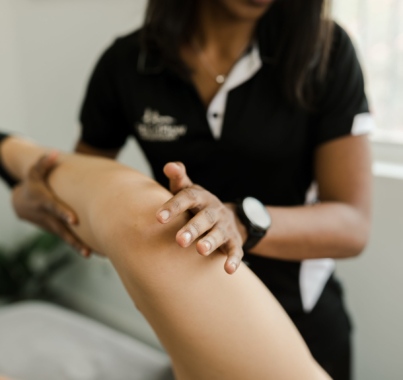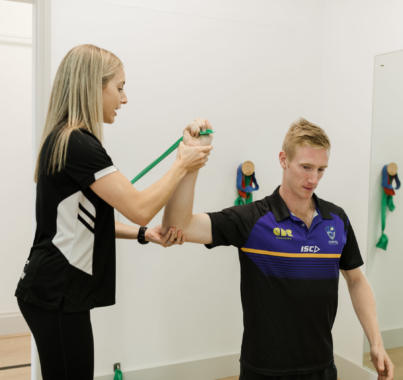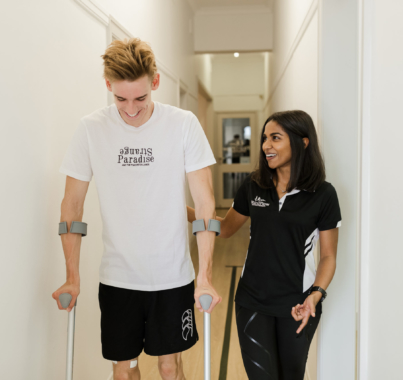Women's Health Physiotherapy
About Fit and Flow
Extensive experience in musculoskeletal and sports injuries, adolescent injuries, pre and post-natal physiotherapy, women's health and surgical rehabilitation provided from expert Physiotherapists in Caringbah.
Tell us more about your injury
Tell our Carngbah Physiotherapists more about your injury. Not sure whether our physiotherapy clinic in the Sutherland Shire can help with your current injury or limitation? Fill out the questionnaire with some background information and we can contact you about your specific injury!
🚨PSA🚨the Fit and Flow Clinic will be CLOSED on 25th April for ANZAC Day
We look forward to seeing you in the clinic again on the 26th! ☺️
Happy Easter from our Fit and Flow family to yours! 💜💙 We hope that today is filled with lots of celebration 🎉🥳 (and chocolate (at every meal)) 🍫🍫🍫
We look forward to seeing you all in the clinic again on Tuesday! 🐣
Fit and Flow will be closed from 15th April (Good Friday) through to Monday 18th (Easter Monday) for the Easter Long Weekend! 🍫🐣
All email and phone inquiries will be answered when the clinic re-opens on Tuesday 19th 📞📧
Have a happy and safe Easter! 🥰
Though there are a number of potential factors that may contribute to the development of plagiocephaly and torticollis in an infant, there are ways it can be avoided or prevented 😁
It is important to encourage activities that promote early head control, such as:
- Cradling your baby's head in the middle when they are awake and alert.
- Gently talk or sing to your baby to encourage them to keep their head there.
- Once your baby is able to maintain eye contact, catch their attention and slowly move back and forth, allowing them to follow your face by turning their head.
- Offer early tummy time by placing them on your chest and encouraging them to lift their head.
If you feel you need further guidance on recognising or preventing these conditions in your infant, schedule an appointment with our Paediatric physiotherapist, Bree!
Book by calling us on 📞(02) 8544 3680, or by clicking the link in our bio! 💻
When gauging whether an infant is suffering from plagiocephaly and/or toriticollis, parents may notice 🤔:
- Their baby prefers to turn their head to one side (e.g. towards the right) when sleeping or at other times when positioned on their back.
- Their baby can't keep their head turned in the opposite direction (e.g. towards the left).
- Their baby has a head tilt
- Their baby has a misshapen head (i.e. the back of the head is flattened in appearance)
Look out for out next post where we outline some preventative measures! 👀 In the meantime, if you're concerned that your child is suffering from either of these conditions, book a consultation with our highly experienced Paediatric physiotherapist, Brianna! ☺️
You can reach us on (02) 8544 3680, or book online at a time that suits you.

